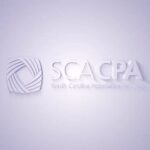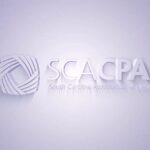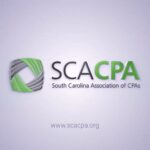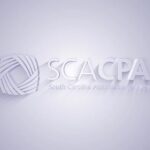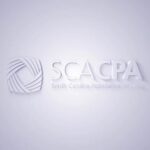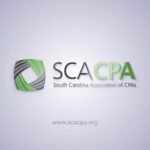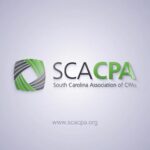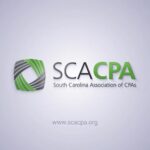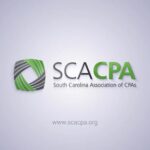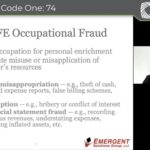The role of finance leaders within an organization has changed considerably in more recent years. CFOs and controllers are constantly being asked to take on new tasks that involve the critical functions of the organization. This course will discuss how finance leaders can create value within their organizations in the current competitive market, how the perception of value in the area of finance has changed, the role of the finance function in cybersecurity, and how finance leaders can help create a data-driven organization. Discussion Leader: David Peters
Financial Statement and Audit Requirements for Businesses Receiving Government Assistance (LIAA02/23)
1. What is Yellow Book? 2. What is different because of Yellow Book? 3.When might Yellow Book apply to a business? 4. Common application of concepts to businesses 5. Answers to common questions. Discussion Leader: Jennifer Louis
Accounting and Financial Reporting for Cryptocurrency and other Digital Assets (LIAA01/23)
How to properly account for and audit digital records is increasingly gathering importance as more entities have cryptocurrency and other digital assets on their financial statements. This course will address common questions, risks, and challenges evolving in this area. Discussion Leader: Jennifer Louis
The GASB Big 3: Financial Reporting Model Improvements, Note Disclosures, and Revenue and Expense Recognition (LIAA45/22)
The GASB has been hard at work assessing the governmental reporting model and the recognition of revenue and expenses and making improvements. This course discusses the potential changes and how they will affect governmental accounting in the future. Discussion Leaders: Gerry Boaz and Jerry Durham
GASB 87, Leases: Implementation Issues and Lessons Learned (LIAA43/22)
GASB Statement 87 was issued in 2017 and is effective for fiscal years beginning after June 15, 2021. This course provides an update on the proper accounting for leases from both the lessee and lessor point of view. This course will review the updated definition of a lease as well as other significant changes to terminology and current practice that governments and auditor’s will need to consider to properly implement the new standard. Discussion Leaders: Gerry Boaz and Jerry Durham
GASB 84, Fiduciary Activities: Implementation Issues and Lessons Learned (LIAA42/22)
GASB Statement No. 84 on Fiduciary Activities is effective for reporting periods beginning after December 15, 2019. This course examines the issues involved in implementing this standard and lessons already learned from preparing for implementation. Discussion Leaders: Gerry Boaz and Jerry Durham
Non-Profit Update (LIAA41/22)
Not-For-Profit entities are challenged with many unique accounting issues. This course features a deep dive into ASU 2018-08 and its impact on revenue recognition for grants and other contracts including the application for various CARES Act and related federal funding. We’ll also review other ASUs directly or indirectly impacting nonprofit entities including contributed nonfinancial assets. As we turn from accounting to auditing, we will look at recent changes in auditing and attestation standards that will impact NFPs, and the latest developments in OMB and Yellow Book requirements. Discussion Leader: Melisa Galasso
GASB Update (LIAA39/22)
The Government Accounting Standards Board (GASB) has been very active in its standard setting agenda. This course reviews accounting standards issued by the Government Accounting Standards Board (GASB) that have been recently issued as well as those that will be effective in the near future. Key areas of focus will include fiduciary activities, leases, PPP and SBITAs. We’ll also discuss accounting for various CARES Act funding. In addition to reviewing the standards, we will also focus on implementation strategies and challenges. Finally, we will turn our attention to the future by discussing GASB’s current projects and exposure drafts including revenue and expense recognition and the financial reporting model. Discussion Leader: Melisa Galasso
FASB Update (LIAA38/22)
This course will cover the Accounting Standards Updates (ASUs) issued by the FASB that are effective for 2021 year ends. The course will also address those standards that will be effective in the near future that are well suited for early implementation We’ll take a deep dive into how to prepare for the leases and financial instruments standards in longer courses. Discussion Leader: Melisa Galasso
Current Non-Profit Fraud Trends: What To Look Out For (LIAA32/22)
Fraud involves an intentional act to deceive, which may result in material misstatement in the financial statements due to fraudulent financial reporting or misappropriation of assets. Management’s responsibility is to design, implement, maintain and monitor a system of internal control to prevent, or detect and correct, fraud. This module will focus on real-life and practical examples of fraud in smaller- and mid-size environments, including nonprofits. Discussion Leader: Jennifer Louis

